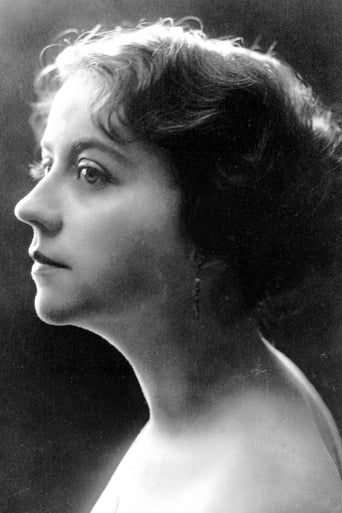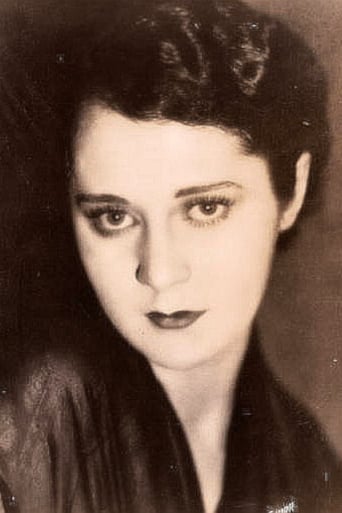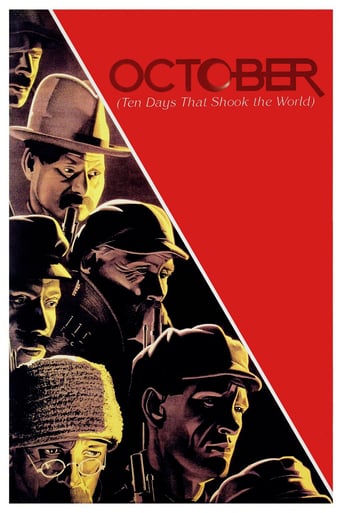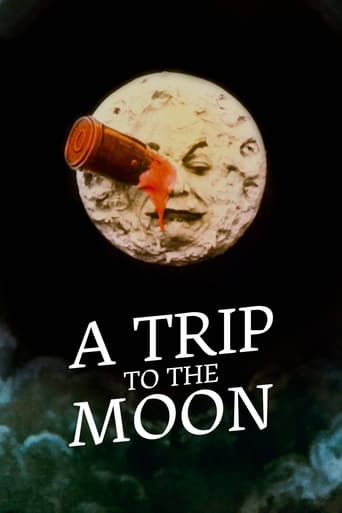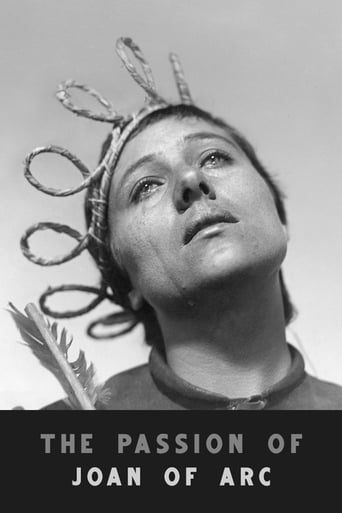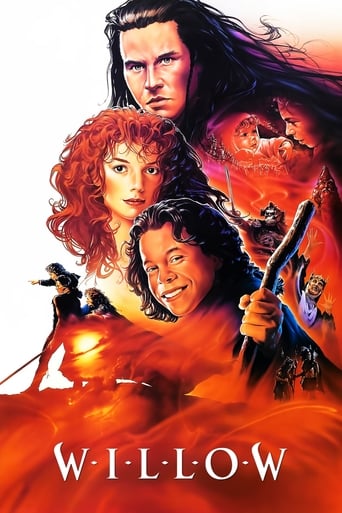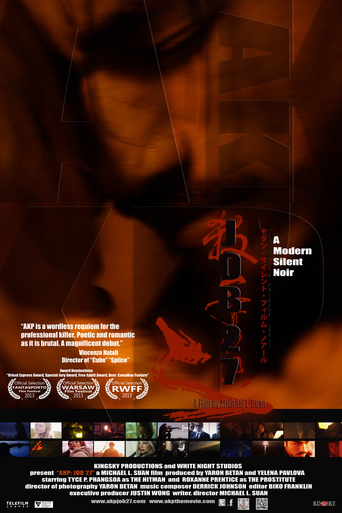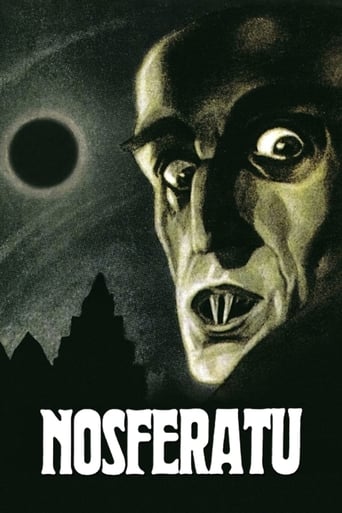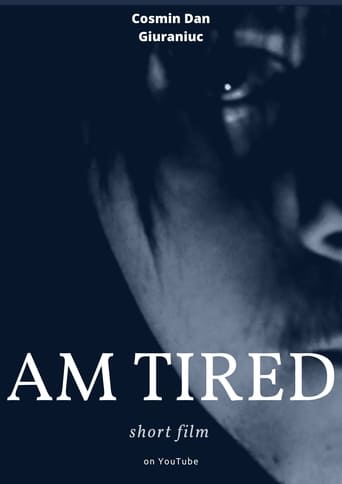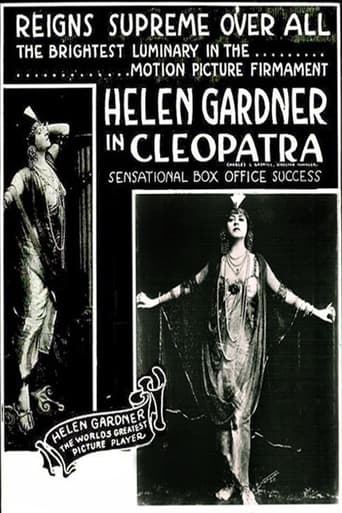
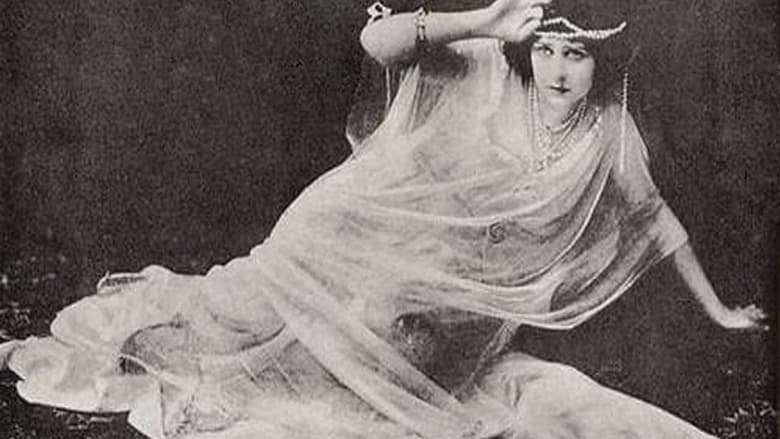
Cleopatra (1912)
The fabled queen of Egypt's affair with Roman general Marc Antony is ultimately disastrous for both of them.
Watch Trailer
Cast


Similar titles
Reviews
How sad is this?
Good movie, but best of all time? Hardly . . .
Excellent but underrated film
Although I seem to have had higher expectations than I thought, the movie is super entertaining.
I happened onto "Cleopatra" on Turner after it had begun, so I didn't know who made it or when. I figured it had to have been made early, as it appeared to be little more than a filmed stage play: tableaux shot by a static camera; moreover, there were absolutely no close-ups. And I gathered it was something of an early "indie," as the costumes were howlingly inauthentic, the sets amateurish and many of the actors "stagy."I decided the film's date had to be early, around 1910, 1912. But because of the production's growing sophistication towards the end of the film the camera got more frisky and intimate it was like watching the vocabulary of cinema being developed before your eyes, like seeing a toddler, very unsteady at first, gaining better equilibrium and more assurance as we watch. While it never gets to the level of either art or storytelling mechanics that Griffith was employing contemporaneously, "Cleopatra" is a fascinating time capsule... It would be intriguing to see her movies in sequence (the presumption being each is better and more sophisticated). It's a shame that so many have disappeared forever.I had never heard of Helen Gardner, an ambitious actress who opened her own studio. As Cleopatra, she was sort of an ur-vamp whose eye makeup, heft, extravagant gestures and bare feet were several years later appropriated by Theda Bara. She was obviously an important actress, auteur and entrepreneur who should be far more celebrated than she is. One last point, which others have made but I would like to reiterate: the newly appended score was so annoying and obtrusive that I muted it. I used to accompany silent films when I was in college, so I have a fair idea of the appropriate musical vocabulary. I once saw a revival of "Wings" in New York, and the elderly accompanist simply played everything she remembered from the 1920s, regardless of the on-screen action. Biplanes strafed trenches and killed soldiers by the dozen to the strains of "I'll be down to get you in a taxi, honey." Many of the major silent movies had their own scores written by studio musicians and played either by orchestras or reduced to organ or piano arrangements. I doubt that Gardner's "Cleopatra" had its own score, but SURELY somebody could have produced something more consonant with the time and place of this movie, something that sounded like, well silent movie music. Steffan Aletti
The Queen of the Nile turns out to be a zaftig hausfrau with long tangled hair and, seemingly, no eyeballs. But to be fair, her handmaidens appear to have been noshing liberally on the pomegranates, too. This 1912 full-length feature may be ambitious for its day in its attempt to bring ancient history alive in six or seven reels, and it's admirable that Helen Gardner, the Cleopatra, was an actor-manager with unusual prestige and power for a woman. But the movie is still ludicrous: the posturing and finger-pointing and flailing, the static camera, the rudimentary plotting where the two most powerful rulers of the ancient world appear never to govern, because they're too fixated on each other.There's a smitten slave who escapes death three or four times, a Marc Antony who does little but glower (give him credit -- he does have a romantic profile), and a lithe Octavia I'd leave this Cleo for in a minute. The sets and costumes are flimsy but at least they're of a piece, and it's sort of fun to see the Hudson River, somewhere around Nyack, standing in for Egypt. But even by its primitive 1912 standards, it's laughably unconvincing -- if silent pictures could talk, this one would have a New York accent.
Dull Curio from 1912. Filmed stage play with few moments of interest. Suffers from pre-Birth of a Nation lack of close-ups. What makes this one particularly dreadful is its unusual length (for the times) of over 70 minutes. Only point of interest is the odd new soundtrack recorded by Ted Turner's restoration crew.
Producer-star Helen Gardner has doubtless seen the Italian "Quo Vadis", and this "Cleopatra" runs an amazing 90 minutes for a 1912 feature (with 106 title cards!) "Cleopatra" is a case of trial and discovery in this exploratory era of American features. The first hour is filmed in the static "Film d'Art" style, save for one brief insert added probably very late in the production, and the modern viewer begins to wish that the camera were moved even just a bit closer to the stagebound action, despite the elaborate, if somewhat primitive, stage dressing. In the last third of "Cleopatra" more shots and setups are used, by far, than in the first two thirds. We also find the camera is moving closer to the actors and less of a concern is shown towards exposing the sets, costumes, and extras, resulting in an entirely more satisfying and intimate cinematic experience, though some of this section of the film is choppy in the GEH print aired on TCM. My feeling is that "Cleopatra" is a textbook example of how feature-length filmmaking helped open up possibilities towards a more sophisticated style of onscreen direction, cutting and camera setups. Gardner & co. are literally discovering as they go, and it seems much of "Cleopatra" was filmed in story sequence. By shooting using gradually smaller parts of the set, and closer to the actors, Gardner created a film that had considerably more dramatic power in the end result than was generally required by 1912 standards, and on this alone the film remains a genuine step-forward for the fledgling American feature industry.


